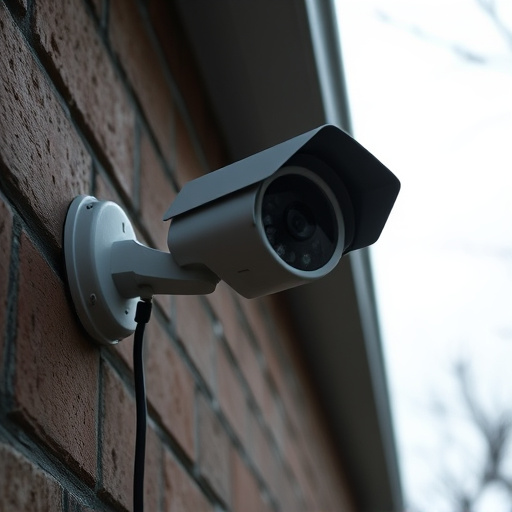Hidden security cameras, disguised as everyday items like smoke detectors or plants, offer discreet surveillance with advanced features such as real-time video transmission and high-definition resolution. They enhance privacy and security in various environments, from businesses to homes, by deterring theft and unauthorized entry. However, their use raises ethical concerns about privacy invasion and legal issues related to consent, data protection, and footage access, requiring a thorough understanding of local regulations.
Hidden security cameras, also known as discreet surveillance systems, offer a silent yet powerful tool for maintaining safety and security. This technology seamlessly integrates into various environments, providing critical visual data without compromising aesthetics. From homes to businesses, these cameras enhance vigilance, deter potential threats, and facilitate swift responses to incidents. This article delves into the fundamentals, advantages, and ethical complexities surrounding hidden security cameras, exploring their profound impact on modern surveillance practices.
Understanding Hidden Security Cameras: The Basics
Hidden security cameras, also known as covert surveillance cameras, are designed to operate discreetly, offering a level of privacy and security that traditional visible cameras cannot provide. These advanced devices are engineered to be nearly invisible, allowing them to capture footage undetected in various settings, from homes and businesses to public spaces. Their small size and sophisticated technology make them versatile tools for monitoring activities without raising suspicion.
The basic components of a hidden security camera system include a miniature camera, a power source, and a recording device. These cameras can be disguised as everyday objects like smoke detectors, light switches, or even plants, making them highly effective for surveillance purposes. With real-time video transmission capabilities and high-definition resolution, users can remotely monitor their surroundings, ensuring peace of mind and enhancing overall security.
Benefits and Applications of Discreet Surveillance
Hidden security cameras offer a discrete and effective solution for surveillance, providing numerous benefits in various applications. One of the primary advantages is their ability to capture footage undetected, allowing for unbiased and uninfluenced observations. This stealth feature makes them ideal for situations where privacy and confidentiality are paramount. For instance, in retail stores, hidden cameras can deter theft and shoplifting without alerting potential criminals, thus enhancing overall security.
Moreover, these cameras find utility in many settings, from homes to offices, hotels, and public spaces. In residential areas, they can act as powerful deterrents against burglary and unauthorized entry. Businesses can leverage hidden surveillance to monitor staff performance, protect valuable assets, and gather insights for loss prevention strategies. The versatility of hidden security cameras makes them a popular choice for anyone seeking robust and unobtrusive security measures.
Ethical Considerations and Legal Implications
The deployment of hidden security cameras raises significant ethical considerations and legal implications that cannot be overlooked. While these devices offer enhanced surveillance capabilities, their use often invades privacy, sparking debates about individual rights versus public safety. Ethical dilemmas emerge when deciding who has access to recorded footage and for what purposes, especially since such footage can be used to identify and expose individuals in sensitive situations.
Legally, the placement of hidden security cameras must adhere to stringent regulations governing surveillance practices. Many jurisdictions have strict rules about consent, reasonable expectations of privacy, and data protection when it comes to CCTV systems. Unauthorized installation or operation of these devices can lead to legal consequences for businesses or individuals caught violating privacy laws. Thus, it’s crucial to understand local legislation before considering the implementation of hidden security cameras.
